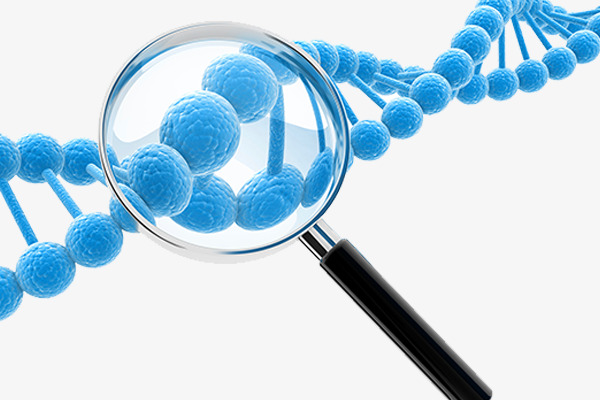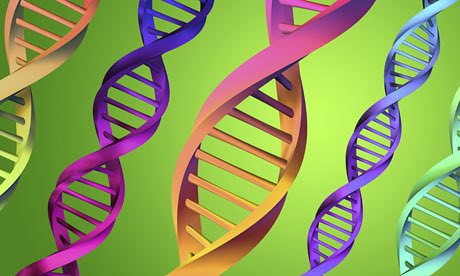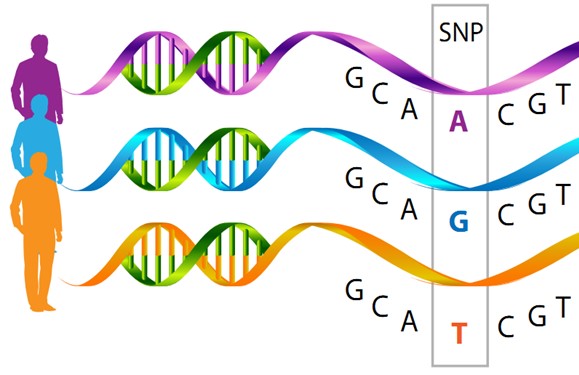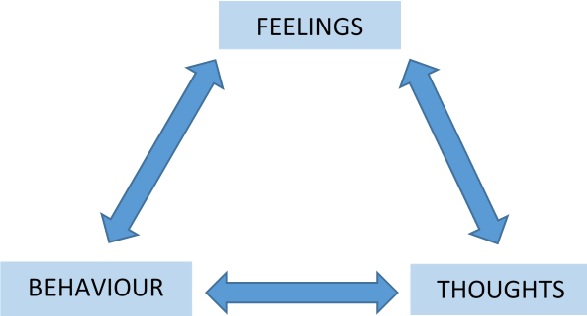
It is widely believed that mental illnesses such as depression and anxiety only occur in women. However this is not the case. In this blog, PhD students Chris and Katie talk through the gendered stereotypes around mental illness and go through the process step by step, from symptoms to diagnosis….





Recent Comments